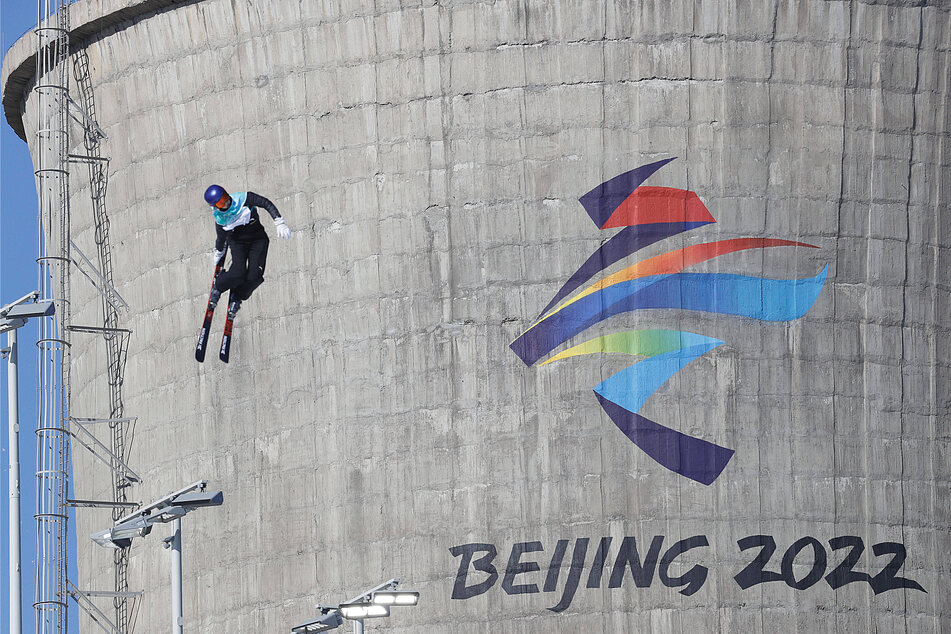Winter Olympics claim gold medal for climate measures, but it's more like bronze
Beijing, China - The 2022 Winter Olympics set new records for climate-friendly measures – but as it always seems to be the case, the devil is in the details.

China, which is hosting the Winter Olympic Games, made the bold claim that the entire event is carbon-neutral, and only using renewable energy for electricity through a special grid.
Organizers also made the effort of repurposing old structures and buildings from the 2008 Summer Games, like turning the water cube used for swimming events into this year's ice skating rink.
More emissions were cut by turning to vehicles powered by electricity, hydrogen, and natural gas.
To top off the event's efforts to curb emissions, China planted 60 million trees, which organizers say will balance out over one million tons of CO2, and carbon offsets from the Games' sponsors offset a further 600,000 tons.
But not so fast – an article in Nature does a good job of explaining why the "carbon-neutral" claim is a bit overdrawn.
First, construction works still emitted plenty of greenhouse gases. Second, critics have said the event, which relies on over 700 million gallons of water – enough to fill 1,000 Olympic swimming pools – is damaging to the Beijing-Zhangjiakou area.
That water is mainly used to create every last snowflake that snowboarders and skiers shred on, because the region is so dry during the winter, that snow cannons are the only way the slopes ended up white.
Experts and activits did give credit to the massive reforestation project, but noted that trees take decades to sequester enough CO2 to make a difference. Plus, forests have an annoying habit of catching fire or getting cut down, releasing any captured CO2 back into the atmosphere.
Future games can take a slice out of China's book, but there is plenty of room to go beyond and stop relying on accounting tricks and carbon offsets to make events green.
Cover photo: IMAGO / ZUMA Press
